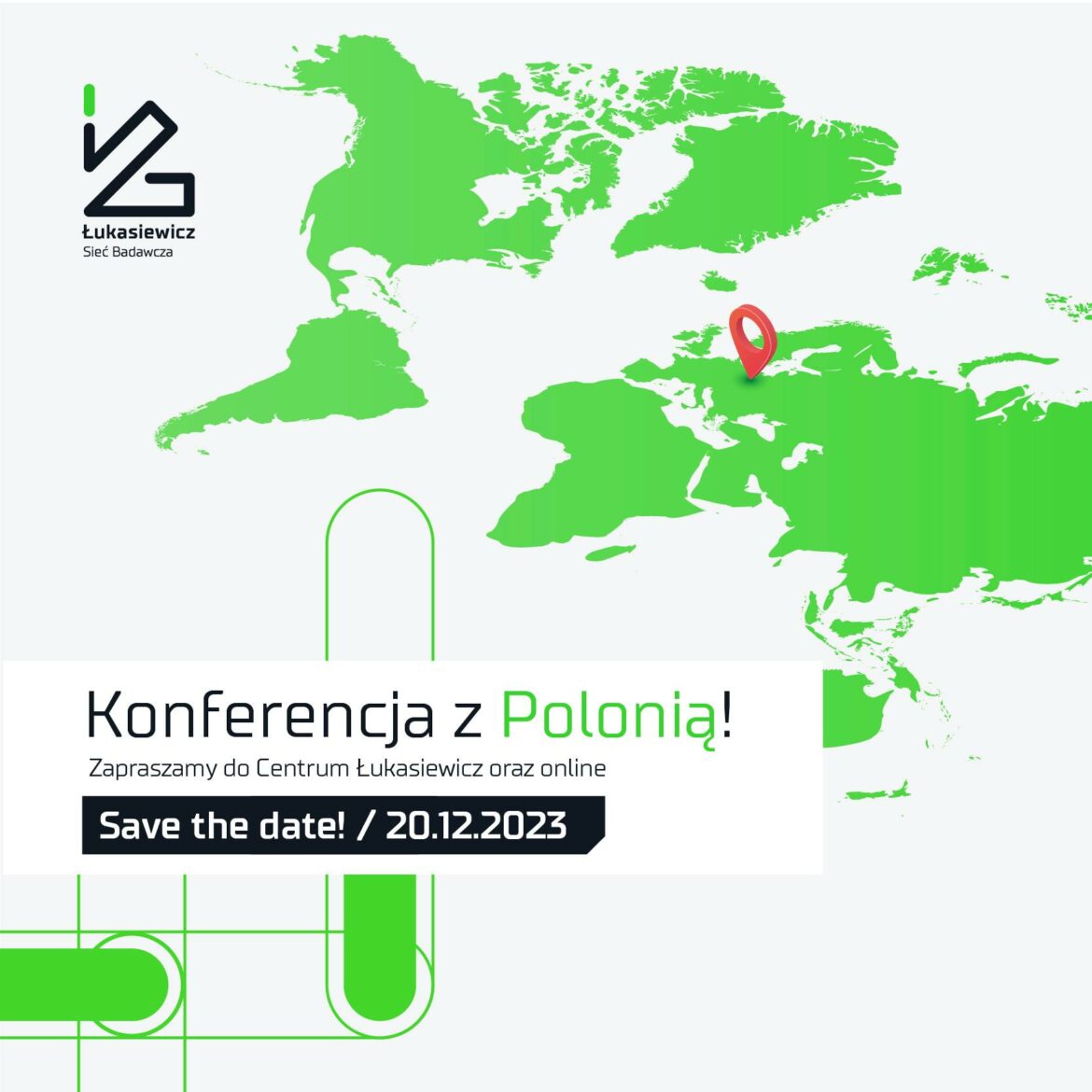The Łukasiewicz Research Network is inviting participants to the 3rd Conference with Polish Diaspora on 20 December 2023 – an event aimed at Polish scientists working abroad.
According to the organisers, the conference will be a meeting place not only for scientists from Łukasiewicz and abroad, but also for specialists in cooperation with business and commercialisation.
Participants will have the opportunity to take part in thematic matchmaking sessions with Łukasiewicz scientists, during which they will discuss the possibility of initiating new projects, applying for funds from Horizon Europe or carrying out study visits.
The meetings will be held in two forms – onsite (at the Łukasiewicz Centre headquarters in Warsaw) and online.
Speakers will include Prof. Artur Ekert, Prof. Juan Carlos Colmenares Quintero and Dr Paweł Puczkarski.
Prof. Artur Ekert is a Fellow of the Royal Society of London and one of the pioneers of quantum computing. His invention of entanglement-based quantum cryptography combines the fundamental concepts of quantum theory with research into secure communication. This innovation led to a significant increase in interest in quantum topics in the scientific world and continues to inspire new research directions today.
Juan Carlos Colmenares Quintero is a professor at the Institute of Physical Chemistry of the Polish Academy of Sciences. He has developed and patented a sonophoto-deposition method for the synthesis of solid-state photocatalysts containing mono- and bimetals. Currently, his research is focused on sonophotocatalysis. A graduate of the Warsaw University of Technology, he received his PhD degree in chemical and material sciences and the title of professor in 2003.
Dr Paweł Puczkarski is a physicist specialising in nanotechnology and nanoelectronics. He is currently based in the Department of Chemistry at the University of Oxford, where he works on the detection and manipulation of single proteins. Previously, he obtained his PhD from the Department of Materials at the University of Oxford, where he worked on molecular electronics, single molecule transistors and graphene electronics.
Adrian Andrzejewski





